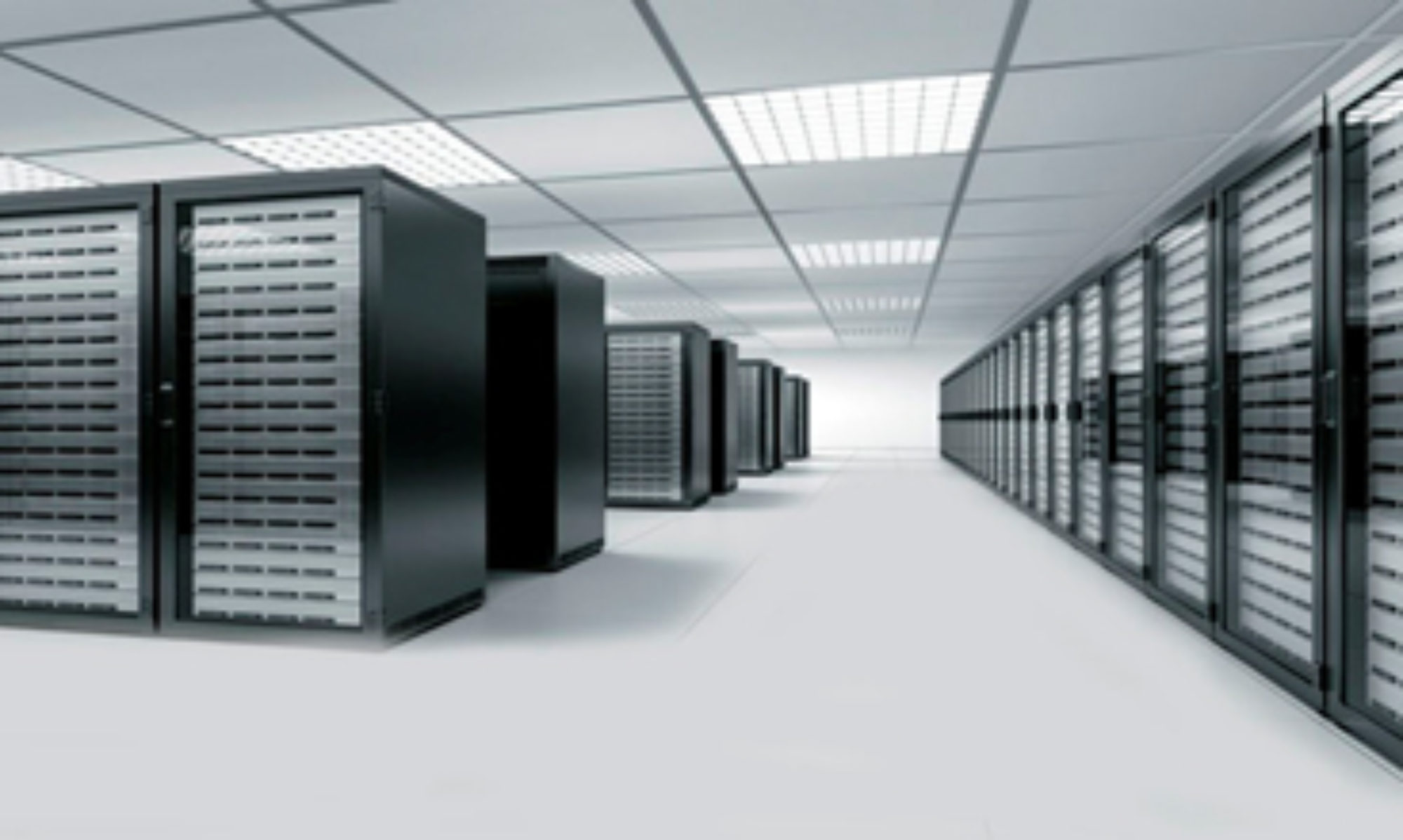
Blog post – Can you help Coraid with a Storage I/O Content Conversation?
Over the past week or so have had many email conversations with the Coraid marketing/public relations (PR) folks who want to share some of their content unique or custom content with you.
Normally I (aka @StorageIO) does not accept unsolicited (placed) content (particular for product pitch/placements) from vendors or their VARs, PR, surrogates including third or fourth party placement firms. Granted StorageIOblog.com does have site sponsors , per our policies that is all that those are, advertisements with no more or less influence than for others. StorageIO does do commissioned or sponsored custom content including white papers, solution briefs among other things with applicable disclosures, retention of editorial tone and control.
Who is Coraid and what do they do?
However wanting to experiment with things, not to mention given Coraids persistence, let’s try something to see how it works.
Coraid for those who are not aware provides an alternative storage and I/O networking solution called ATA over Ethernet or AoE (here is a link to Coraids Analyst supplied content page). AoE enables servers with applicable software to use storage equipped with AoE technology (or via an applicable equipped appliance) to use Ethernet as an interconnect and transport. AoE is on the low-end an alternative to USB, Thunderbolt or direct attached SATA or SAS, along with switched or shared SAS (keep in mind SATA can plug into SAS, not vice versa).
In addition AoE is an alternative to the industry standard iSCSI (SCSI command set mapped onto IP) which can be found in various solutions including as a software stack. Another area where AoE is positioned by Coraid is as an alternative to Fibre Channel SCSI_FCP (FCP) and Fibre Channel over Ethernet (FCoE). Keep in mind that Coraid AoE is block based (granted they have other solutions) as opposed to NAS (file) such as NFS, CIFS/SMB/SAMBA, pNFS or HDFS among others and is using native Ethernet as opposed to being layered on top of iSCSI.

So here is the experiment
Since Coraid wanted to get their unique content placed either by them or via others, lets see what happens in the comments section here at StorageIOblog.com. The warning of course is keep it respectful, courteous and no bashing or disparaging comments about others (vendors, products, technology).
Thus the experiment is simple, lets see how the conversation evolves into the caveats, benefits, tradeoffs and experiences of those who have used or looked into the solution (pro or con) and why a particular opinion. If you have a perspective or opinion, no worries, however put it in context including if you are a Coraid employee, var, reseller, surrogate and likewise for those with other view (state who you are, your affiliation and other disclosure). Likewise if providing or supplying links to any content (white papers, videos, webinars) including via third-party provide applicable disclosures (e.g. it was sponsored and by whom etc.).
Disclosure
While I have mentioned or provided perspectives about them via different venues (online, print and in person) in the past, Coraid has never been a StorageIO client. Likewise this is not an endorsement for or against Coraid and their AoE or other solutions, simply an industry trends perspective.
Ok, nuff said (for now).
Cheers
Gs
Greg Schulz – Author Cloud and Virtual Data Storage Networking (CRC Press), The Green and Virtual Data Center (CRC Press) and Resilient Storage Networks (Elsevier)
All Comments, (C) and (TM) belong to their owners/posters, Other content (C) Copyright 2006-2024 Server StorageIO and UnlimitedIO LLC All Rights Reserved
